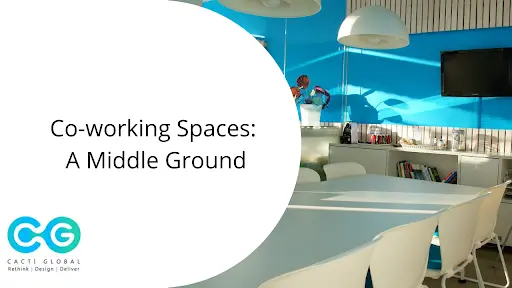The calm and comfort of tier II and III cities cannot be substituted by the fast-paced metro cities. Yet, surprisingly the infrastructure requirements of companies can be easily fulfilled in these cities. Over and above, companies can tap into the talent pool from these cities, and save costs on real estate. Apurva Mankad, CEO, and Founder of the Mumbai-based global transportation and logistics SaaS provider WebXpress mentions in an article by People Matters “The rents are easily one-third of Mumbai. Also, in growing cities – we get newer properties with good facilities.”
As hybrid working becomes business as usual, more people are realizing the benefits of working from their hometowns and non-metro cities. Such as reduced costs for the company, reduced cost of living for individuals, reduced commuting time, healthier lifestyle (reduced pollution), being able to stay connected with the family and their roots, etc.
Because of this, the increase in demand for tech talent is increasingly fulfilled in non-metro cities. As noted in the article “Companies expanding their presence in tier 2 and 3 cities; keen to hire talent from these regions,” tier 2 & 3 cities have a wide and talented pool of entry-level candidates who are ready to give their best, owing to which these cities are gradually becoming the employment hubs. The report published by the Boston Consulting Group (BCG) and Nasscom found about 65% of the employees surveyed want to shift to a Tier-2 or Tier-3 city, considering the pros.
Though the work trends have changed, and for now it seems that tier 2 & 3 cities are attractive for employees and employers, there is no certainty it will remain the same for a prolonged period. Further employees that are working remotely, need to be involved with the teams for collaboration as well as for team building. This brings us to the dilemma – should organizations invest in buying office spaces in non-metro cities?
Considering lease agreements are generally for five to six years, and that there exists a significant amount of uncertainty surrounding employee’s attitude, the future of work, and the organization’s next steps as per how the economy and world transforms, it becomes tricky to make a decision. This is where the co-working spaces come to the rescue.
Co-working spaces provide flexibility, the agreements are generally for 2-3 years and they also have an option of monthly and daily passes, plus it also solves the problem of getting a remote team together, whenever the need arises. The demand for co-working spaces is on the rise due to its lower capital expenditure requirement, and the utility it provides to remote employees in terms of working with a team, giving a change of environment, and fulfilling social interaction needs. On top of all of this, co-working spaces are a sustainable option as they are energy efficient, common utilities reduce the overall waste, and as it is a shared resource, it operates at their full potential as compared to individual office spaces (especially after hybrid and remote working models became the norm).
Harsh Binani the co-founder of Smartworks mentions in an article by Outlook “Many of our existing clients have signed multi-city deals with us and some also want to foray into these emerging markets.” Co-working spaces are the perfect solution as they are complementary to the remote and hybrid working models, and also help organizations achieve their ESG goals, along with being more inclusive and giving access to a wider talent pool.











